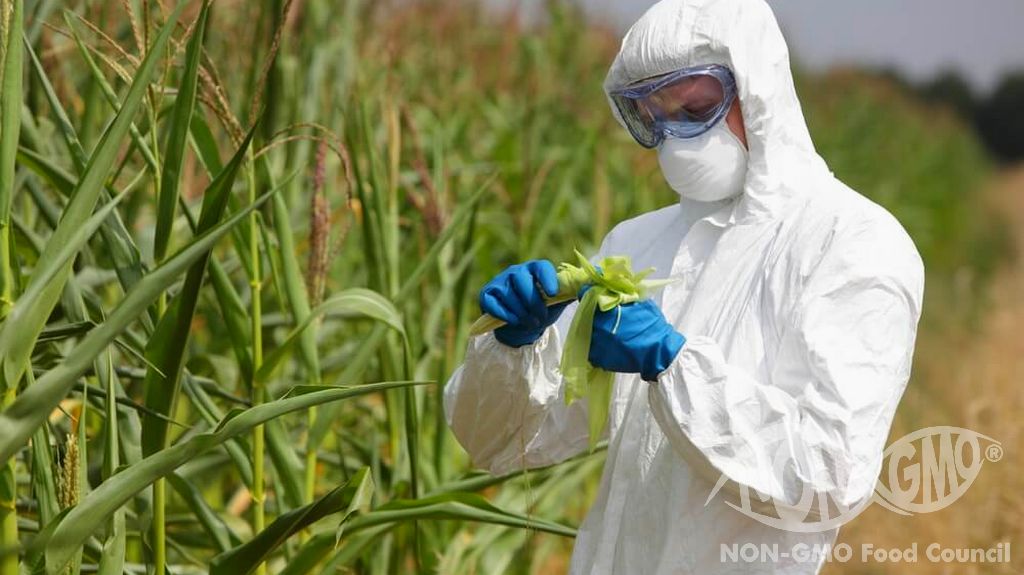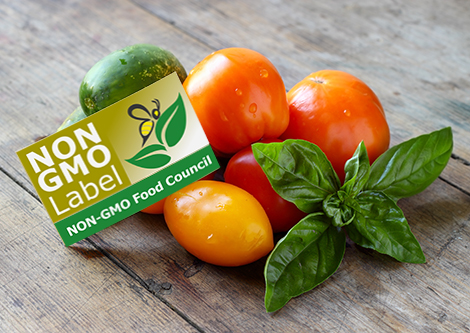There are thousands of insects out there. Insects, caterpillars, honey bees and much more. The average farmer's field is home to most of these insects.

Some are really good for the crop, but a few can be harmful; These are called pests. Good insects are often those that eat pests, decompose crop residues in the soil or, in the case of bees, help pollinate many types of fruits and vegetables.
Pests can really damage a crop. In rare cases, they can destroy the entire field crop by eating the crop or killing the plant itself. To combat this, farmers have used a variety of approaches, including the use of pesticides.
Pesticides are chemicals that will prevent pests from damaging plants, either by completely killing the insect or by creating a toxic barrier around the plant so that the insect cannot feed.
Pesticides have some negative consequences. They add chemicals to the field that can kill beneficial organisms, are costly to the farmer, and can be dangerous to certain animals and workers who apply them.
These are some of the reasons why scientists have developed pest-resistant genetically modified crops. Making the plant itself pest resistant has eliminated or greatly reduced the need for pesticide application on many crops.
How do you make a crop pest resistant? Scientists have succeeded in modifying the plant's protein production system in a way that now produces a protein that was not available before. This carefully selected protein is one that is toxic to some insects. Basically, they eat it and their stomachs are torn.
This protein targets certain pests so specifically that it does not affect other insects, animals or humans that eat it. In fact, it's so specific that it doesn't even affect "good" insects like bees or butterflies.
GMO products do not harm honey bees or monarch butterflies. Rather, they can reduce the need for pesticides that harm them. Insects that eat genetically modified crops may, in some cases, begin to develop resistance to the protein that usually kills them.
This is something to consider in the future, as some GM technologies that work great today will become less effective as certain insects develop resistance.
Do not hesitate to contact our expert team for detailed information about GMO Free and NON GMO certification or to apply for certification.
